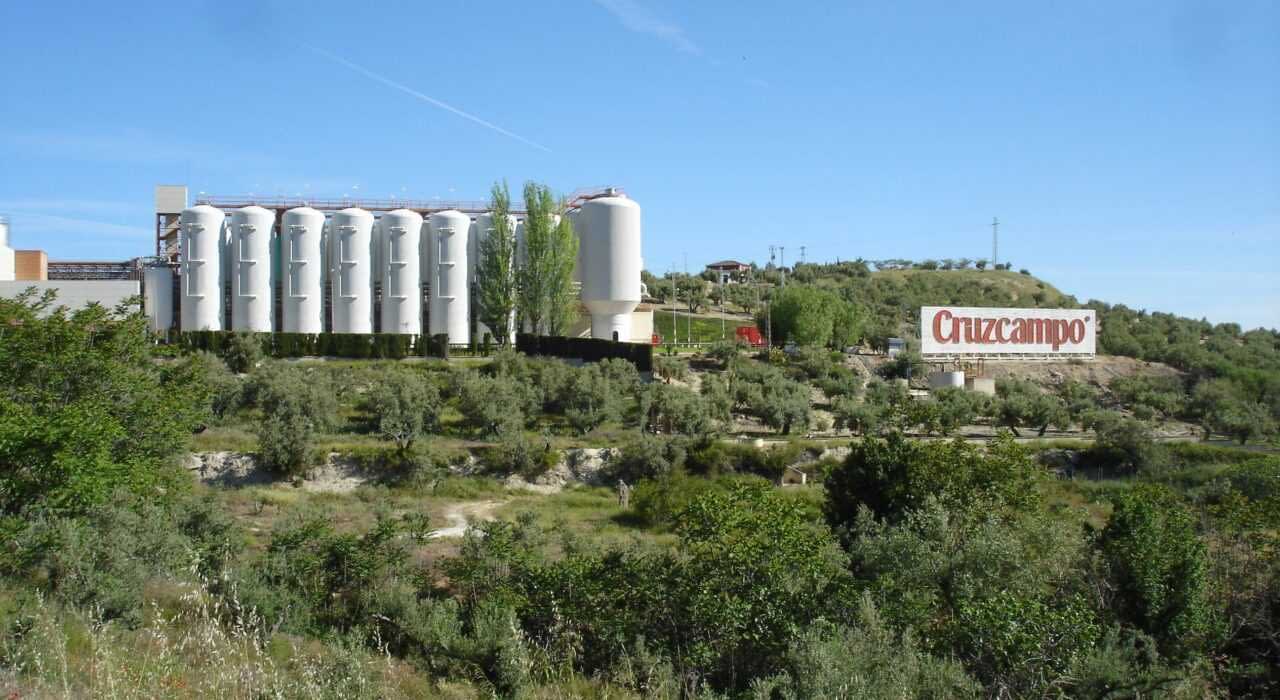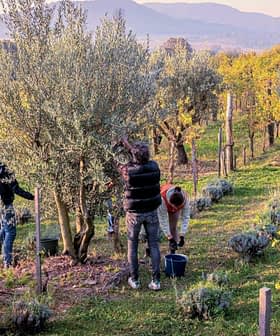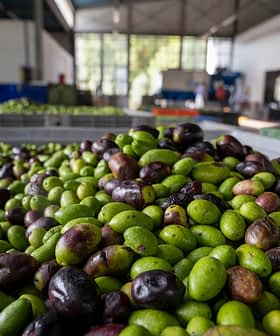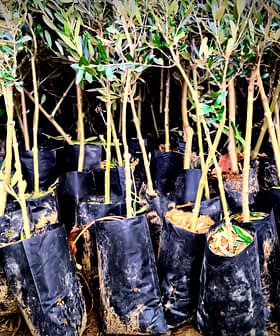Biomass from Olive Groves Fuels Heineken Factory in Southern Spain

Heineken Spain’s Jaén factory is the first in the country to run on 100-percent renewable energy, with 70 percent coming from biomass generated by local olive groves and the remaining 30 percent from solar energy. The project not only benefits the environment and local farmers, but also saves around 4,000 tons of CO2 emissions annually, equivalent to the energy consumption of 6,650 homes in the nearby town of Martos.
Heineken Spain has announced that its factory in Jaén is the first in the country to run on 100-percent renewable energy, due in large part to biomass generated by local olive groves.
The factory will receive up to 6,000 tons of pruning waste annually from olive groves within a 90-kilometer radius, contributing 70 percent of its energy needs. The remaining 30 percent will come from locally-produced solar energy.
See Also:Spain Bets on Biorefineries to Find New Revenue for Small ProducersSpeaking at the announcement of the milestone, Guillaume Duverdier, president of Heineken Spain, called it “a great step in our commitment to sustainability and in our ambition to be the greenest brewery.”
“This project, which in addition to caring for the environment, promotes the fight against climate change and benefits local farmers, brings us closer to our commitment to make all of our beers with zero emissions by 2025,” he added.
Besides providing a new revenue stream for local olive growers, who otherwise would have seen the pruning from the harvest go to waste, the project will save in the region of 4,000 tons of CO2 emissions, equivalent to the energy consumption of the nearby town of Martos, with 6,650 homes.
The company also notes that all the treated wastewater produced in the factory will be fed back into the wetlands of Doñana National Park, as part of Heineken’s commitment to the circular economy.
The factory, which produces 29 million liters of beer annually, has been in operation in Jaén since 1921 and employs 120 people.
Jaén is the center of the olive growing industry in the country. The small province in Andalusia is responsible for about half of the country’s olive oil production and habitually yields as much olive oil as Italy, Greece and Portugal combined.









